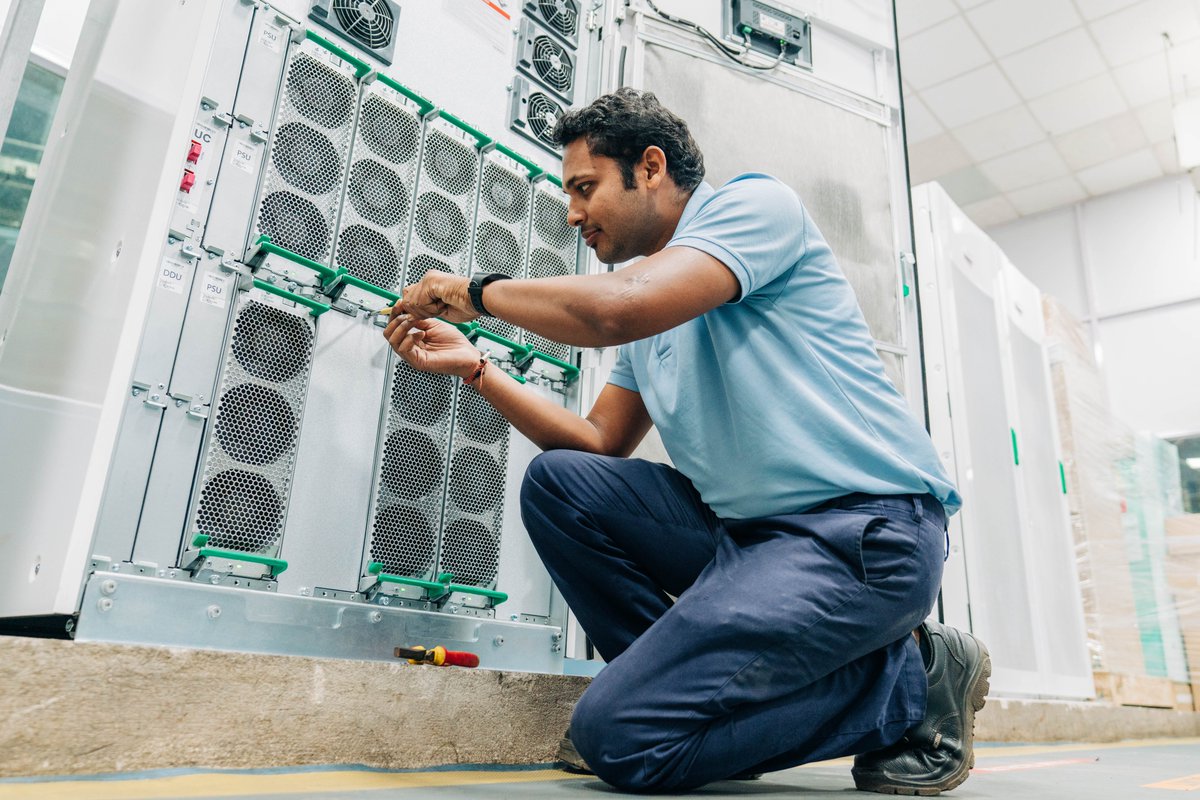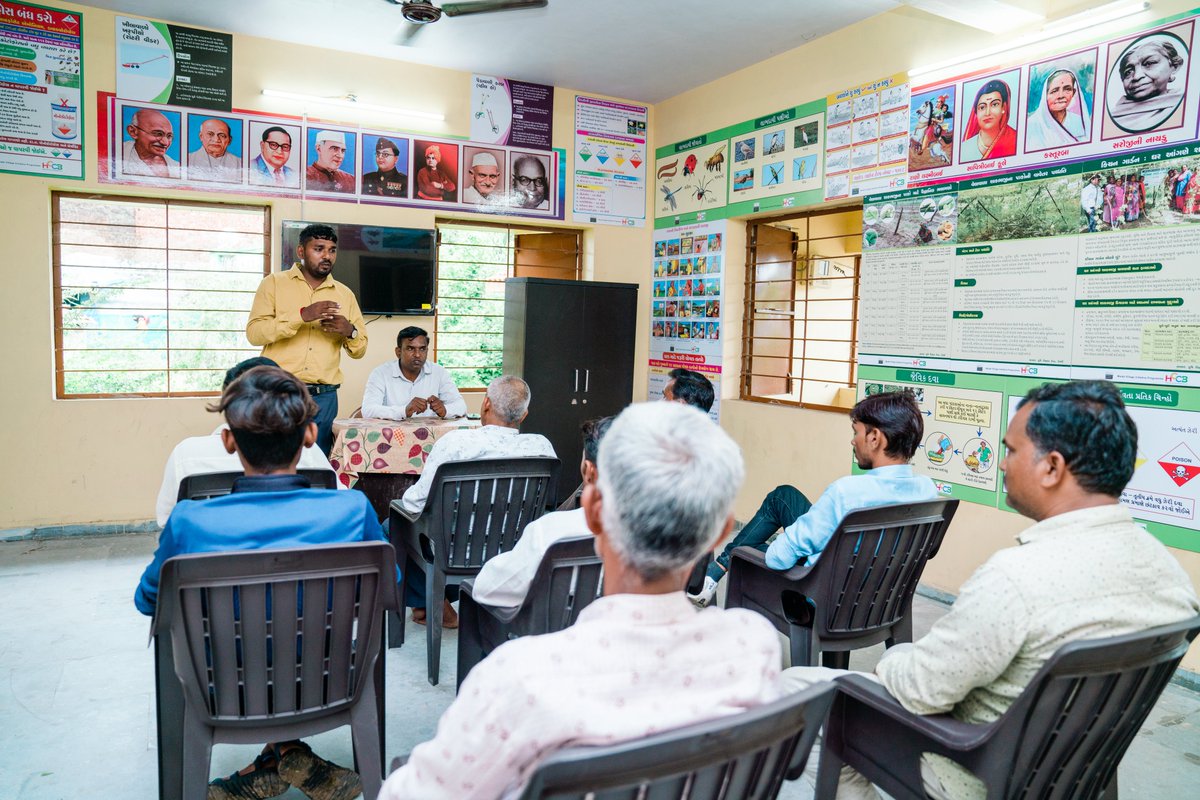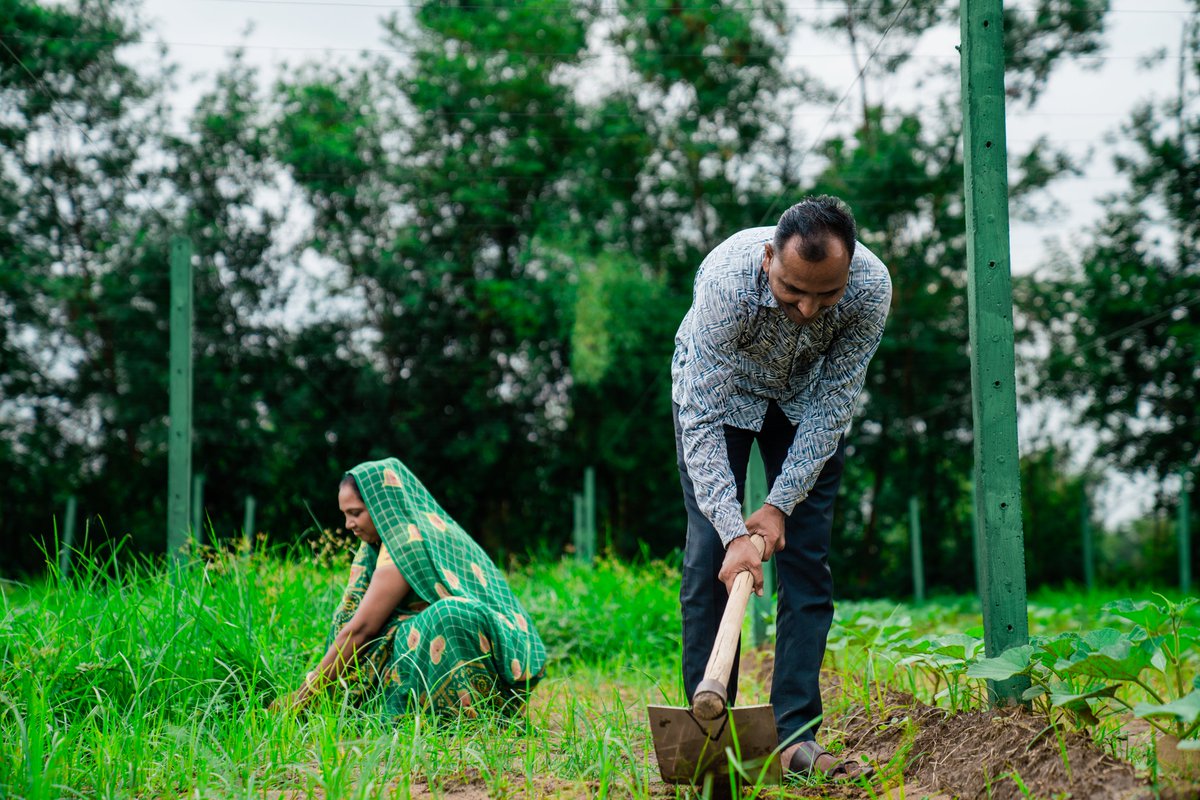
Power interruptions are more than a minor inconvenience in #factories. It takes conventional generators some time to power up when a blackout occurs. This short but critical ‘change-over-time’ impacts the production process and efficiency. 

Our factories, therefore, provision for uninterrupted power supply (UPS) through established methods. However, the #HCCB factory in #Khordha, #Odisha, has recently deployed a UPS system that uses only 30% of the space versus the traditional power backup system.
#Lithium #Ion batteries require much less energy to keep them charged. They charge much quicker, too – almost 1/3rd of the time.
Moreover, these batteries have an extended life of 10-15 years compared to the 3-4 year life of the traditional batteries.
Moreover, these batteries have an extended life of 10-15 years compared to the 3-4 year life of the traditional batteries.
They are lower on #emissions and are less prone to fire due to advanced protection & monitoring. This may have been an expensive proposition to begin with, but it is not just ensuring productivity but is also helping improve our environmental footprint.
• • •
Missing some Tweet in this thread? You can try to
force a refresh













